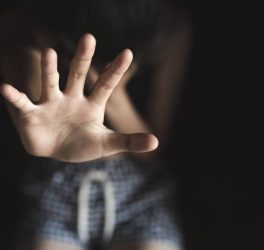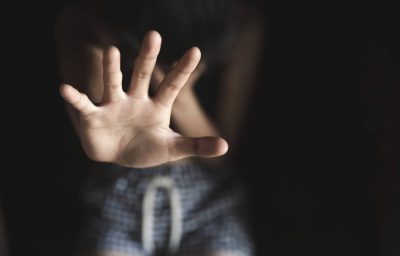
The Global Partnership for Action on Gender-Based Online Harassment and Abuse (Global Partnership) will bring together countries, international organizations, civil society, and the private sector to better prioritize, understand, prevent, and address the growing scourge of technology-facilitated gender-based violence.
The Global Partnership is also an action coalition as part of the Denmark-led Technology for Democracy initiative. It will address gender-based online harassment and abuse in the long term, with an initial mission to deliver concrete results by the end of 2022.
The digital world holds immense potential to amplify the voices of women, girls, and LGBTQI+ individuals. At the same time, social-media platforms and other digital technologies have given rise to new forms and manifestations of gender-based violence through their misuse; and exacerbated preexisting forms of gender-based violence through their scale, speed, and reach. Moreover, this occurs within an ecosystem characterized by a gender digital divide rooted in structural gender inequalities, in which those who design—and, in some countries or regions, access and use—communications technologies are disproportionately male. Often, gender-based online abuse and harassment reflects and exacerbates offline discrimination and gender disparities: research indicates that its prevalence can be higher in regions where women and girls have lesser legal status, rights, and protections. Because gender-based online harassment and abuse can transcend national borders, and be an added dimension of violence in political and ethnic conflict, meaningful efforts for protection, prevention, and accountability require global, multi-sectoral action and coordination.
Gender-based online harassment and abuse includes a wide range of acts that are amplified or enabled by social-media and technology platforms to control, attack, and silence women and girls, particularly those who have a disability, and/or identify as LGBTQI+ or as a member of a racial, ethnic, or religious minority. It is a continuum of technology-facilitated gender-based violence that can include (but is not limited to) the non-consensual distribution of intimate digital images; cyberstalking; sextortion; doxing; malicious deep fakes; livestreamed sexual violence; rape and death threats; disinformation; and intimate-partner violence. Some forms of gender-based online harassment and abuse are criminal; others are not, but are nonetheless harmful. Survivors and victims can experience psychological distress, trauma, long-term mental-health impacts, physical and sexual violence, exploitation, and, in some cases, homicide or suicide. They may also face economic insecurity and political and social exclusion as a result of being targeted online, and step back from leadership roles and opportunities. The COVID-19 pandemic has only exacerbated this problem and its impacts, in parallel with the rise in other forms of gender-based violence during this public-health crisis.
Acts of gender-based online harassment and abuse threaten the safety and ability of individuals to exercise their rights, online and offline; and the strength of inclusive, representative democracies. In individuals’ private lives, gender-based online harassment and abuse can take the form of intimate-partner violence, stalking, financial abuse, or workplace harassment. At the societal level, anti-democratic forces—both state and non-state malign actors—increasingly misuse technology to lead gendered campaigns of information manipulation against women in public life, including politicians, activists, and journalists. These acts have a chilling effect on women’s political participation and are intergenerational: for example, witnessing or experiencing gender-based online harassment and abuse can discourage political and other ambitions of adolescent girls and lower their participation in civic and political debate, both online and offline.
Within the last decade, individual countries; United Nations agencies, funds, and programs; the G7; and civil-society representatives have increasingly called for an end to gender-based online harassment and abuse, alongside growing acknowledgment of this issue by the technology sector. Despite these efforts, significant gaps in research, policy, and evidence-informed practices to understand and address this challenge persist. Meanwhile, gender-based online harassment and abuse continues to rise, both in prevalence and impact.
Informed by survivors, advocates, and researchers, a broad consensus has formed on the steps needed to drive progress. These include, among others, expanding data on prevalence, forms, and impact of gender-based online harassment and abuse, while also enhancing access to platform data for researchers, civil society, and journalists; remedying the insufficient incentives and responsibility for technology platforms to monitor, prevent, and address the problem; strengthening laws and other frameworks to deter perpetrators and hold them accountable; and scaling support for survivors.
The Global Partnership will work to fill these gaps, elevating the challenge of gender-based online harassment and abuse and advancing international solutions, as well as working toward concrete progress in each member country. It will focus on developing solutions to address the impacts to individual survivors and victims in their private lives, including in the context of intimate-partner violence; and the societal costs of online harassment, violence, and gendered disinformation directed toward women in their public lives, including as journalists, politicians, or activists.






